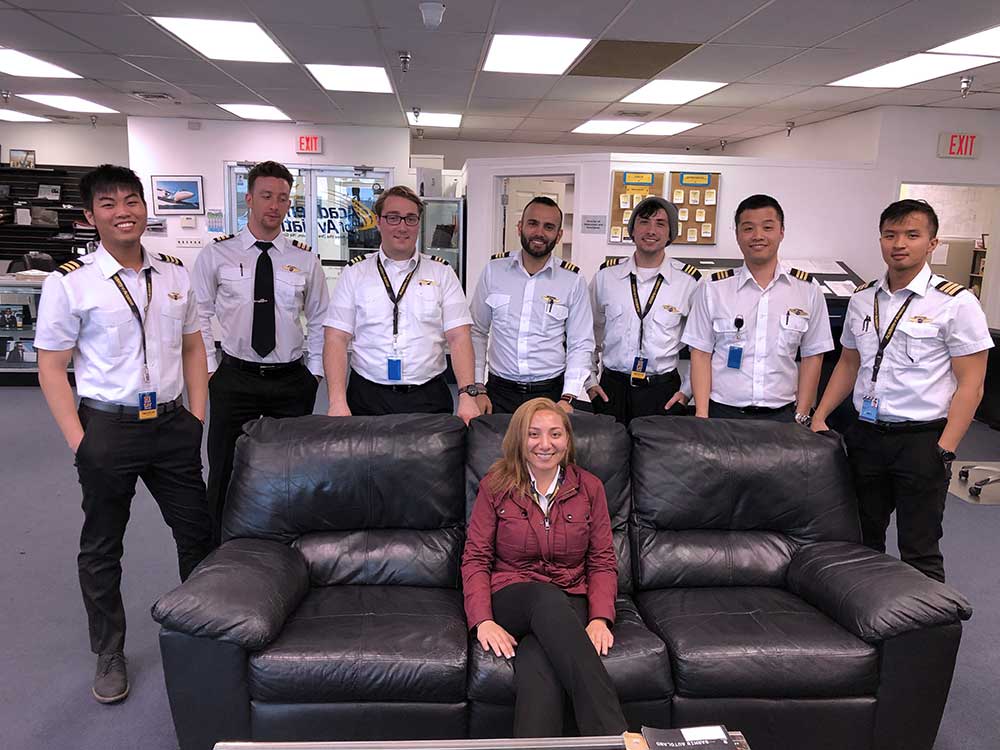Read more about the Accrediting Commission of Career Schools and Colleges (ACCSC) and their framework of accountability by which to evaluate institutions.
Your airline transport pilot (ATP) certificate is the highest level of aircraft pilot certificate and your key to unlocking your potential to fly for regional and major airlines. The experience of your instructors, the resources of your commercial airline pilot school and the airline relationships that your academy has to offer will be essential to your successful career as a pilot.
Every factor will come into play when you sign up for a flight academy. The fleet of aircraft will be as important as the reputation of the school. A great tool to utilize when researching any flight school is probably how you found this guide: Google. Look up your chosen flight school and read the reviews. Does the school respond to both good and bad reviews, and do they explain why the review is bad and try to rectify any issue personally and personably? Do they deliver what they promise on their websites and in their advertisements? Actual reviews from actual students are what you are looking for, not embedded website quotes and inflated statistics.

The time it takes to become a commercial pilot is completely up to you if you choose to learn at a Part 61 school, but a serious career pilot student may choose to study under Part 141, which is closely monitored by the FAA. Some schools are overseen by the United States Department of Education. In New York, for example, the Bureau of Proprietary School Supervision (BPSS) oversees and monitors non-degree granting proprietary schools. Schools of excellence are accredited by the Accrediting Commission of Career Schools and Colleges (ACCSC). Go to the BPSS and ACCSC websites and search for your flight school of interest; this can be another factor in helping you decide about the quality of the training you will receive.
The steps you take to become a commercial pilot are laid out all over the internet, and the certificates you earn become more advanced in their distinction as you advance further in your education. A Private Pilot cannot earn money flying, while a commercial pilot may fly for compensation. An Airline transport pilot, or ATP, may fly scheduled flights for an airline after attaining your 1500 hours of flight time among other qualifications (500 hours of cross-country, 100 hours of night, and 75 hours instrument.) There are many ways that a commercial pilot student can earn money as they continue towards their ATP. Most become flight instructors, while other options exist such as corporate, charter and sightseeing jobs. It really is all about the time building and experience you acquire as you progress in your career.